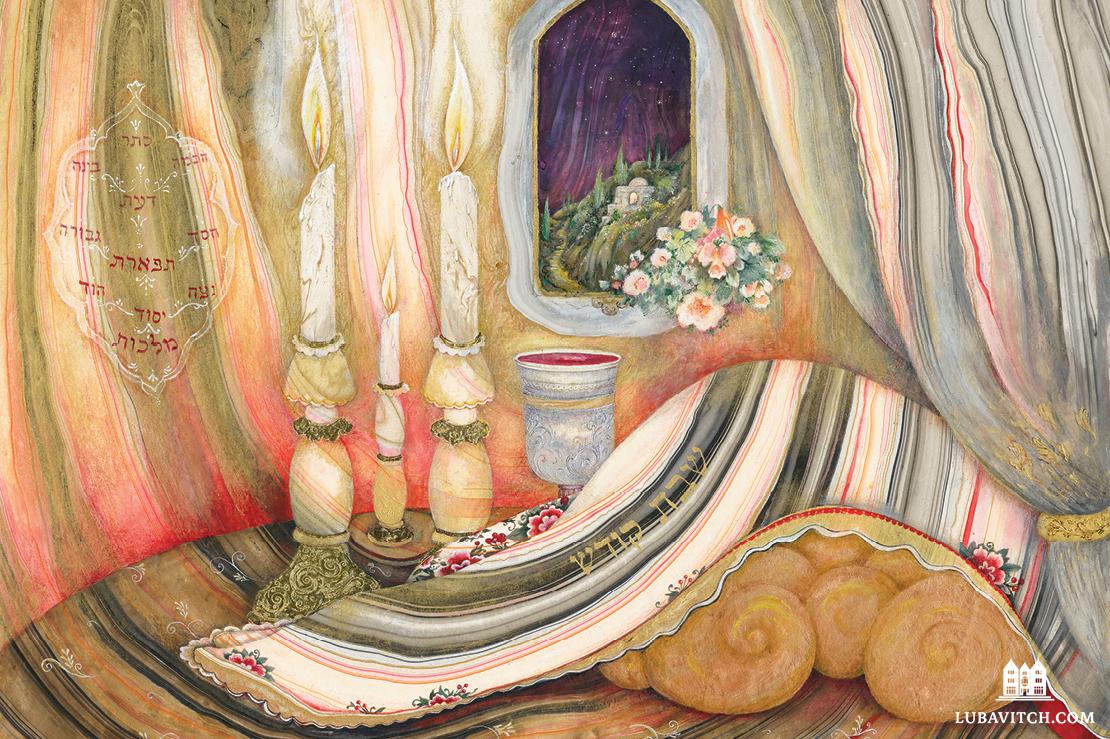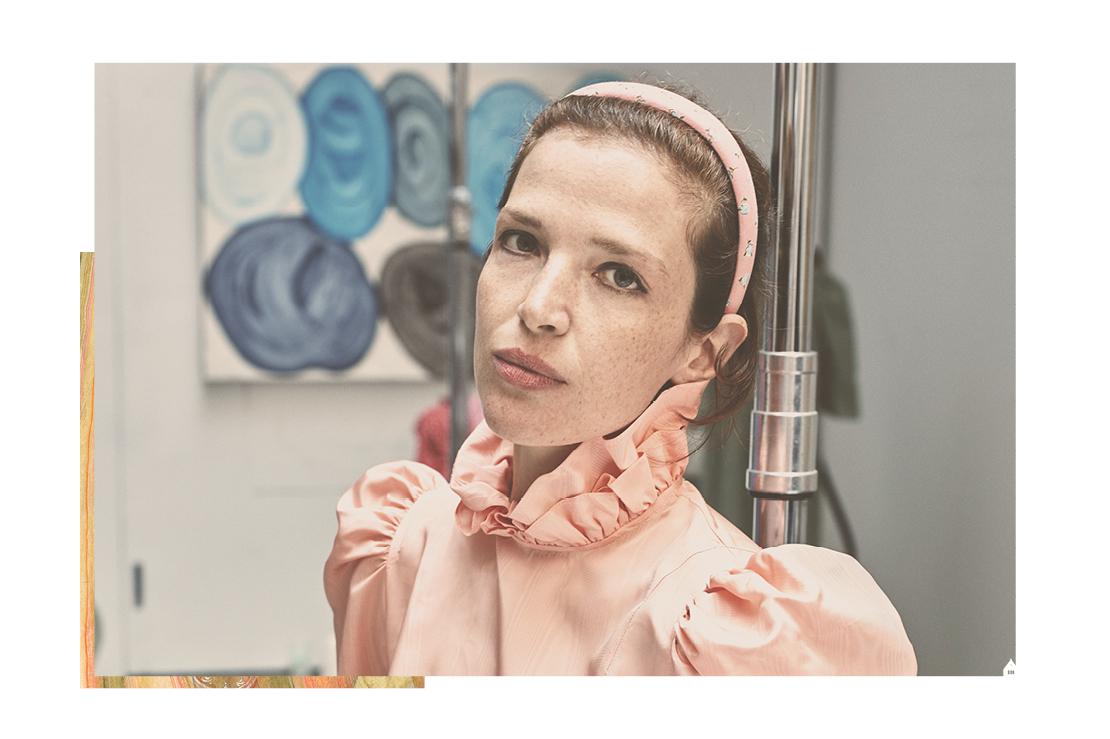“My zaidy called it ‘di heiliger Shabbos’ (the holy Shabbos); my father called it the Shabbos; I call it ‘the Sabbath,’ my children call it ‘Saturday,’ and my grandchildren call it ‘the day before Super Bowl Sunday’.”
This pithy anecdote describes a tragic trend among Jews who came over from the Old World and failed, for whatever reason, to transmit di heiliger Shabbos to the younger generation. It tells of its disappearance not only from the lived experience — but also from the lexicon — of Jews who have assimilated into secular culture.
But Shabbos is embedded in the Jewish soul. Some people hold on to it at all costs, while others come back to it after generations of nearly losing it. These are the personal Shabbos stories of an eclectic group of influential personalities.
Part 1/7
Gathering the Energy
My business keeps me chained to my phone, so it’s a really welcome thing to have it out of sight for the twenty-five hours of Shabbos, and to be able to say to people, “Sorry, I’m not getting on the subway. This is the day I’m at home with my family, and you’re invited to come!” In the fashion world, I see so many creative people who end up burning out. The real, lasting creatives are not going to every Friday night event.
My first fashion show was in 2018. That year, Fashion Week fell directly over the week of Rosh Hashanah, and complicating matters more, Rosh Hashanah — a two-day holiday — fell on Sunday evening. With only one day between Shabbos and the two days of Rosh Hashanah, I couldn’t prepare during the frenetic few days before the show. My PR people couldn’t imagine it — they didn’t understand what I was thinking. It’s unheard of for someone to have this big moment and not be in communication with their team the days before the event!
But I entrusted all the details that needed to be taken care of during that time to people who could handle it, and some things would just have to wait. As soon as Rosh Hashanah was over, I met with my stylist, and we went through everything. Instead of stressing the two days before the event over details that didn’t matter, I set this boundary. I wasn’t glancing distractedly at my phone. And it all worked out perfectly.
There is so much strength in setting boundaries and being different, especially in an industry where you are supposed to be creative and stand out. Incorporating the ideas of modesty and Shabbos into my life and what I do has certainly made me different in the industry, and it has been a blessing.

I started keeping Shabbos shortly after I met my husband, who had been keeping Shabbos for a couple of years at that point. We started dating and I remember thinking that it was going to be challenging. And it was. For people who have not lived in it, Shabbos can seem very daunting, like giving up your freedom.
Saturday was my day for going out for brunch and working out, and I remember thinking, Am I going to give that up? But I had just quit my job as a lawyer, and I was taking space for myself and my life. Figuring out how to live. Shabbos gave me a lot of structure at a time when I didn’t have any. I got into cooking because of Shabbos, and we’ve since had so many people in our home who had never before been to a Shabbos meal.
It’s especially beautiful now that I have children and I can give them the structure that Shabbos provides. My kids love setting the table. My daughter loves lighting her Shabbos candle. These rituals nurture deep experiences and memories that will take them through life. And, for me, gathering the energy of Shabbos cleanses so much anxiety. It frees me from the stresses of the week and is truly restorative.
Queens-born Batsheva Hay recalls that as a young girl, her artist mother would often take her to flea markets and vintage shops and dress her in antique dresses, which became Batsheva’s uniform throughout her time at Stanford University and Georgetown Law School. After leaving her job at a major law firm, Batsheva decided to experiment with designing vintage-inspired dresses for herself and her daughter. Batsheva initially made a small collection of four matching mother-daughter dresses and set up a simple website. As her dresses drew attention from magazines and retailers, her collections grew. Now she is designing four collections a year under her label, Batsheva.
Batsheva lives on the Upper West Side with her husband, photographer Alexei Hay, who she collaborates with on brand imagery, and their two children, Ruth and Zalman.
This article appeared in the Fall 2021 issue of the Lubavitch International magazine. To download the full magazine and to gain access to previous issues please click here.

Be the first to write a comment.